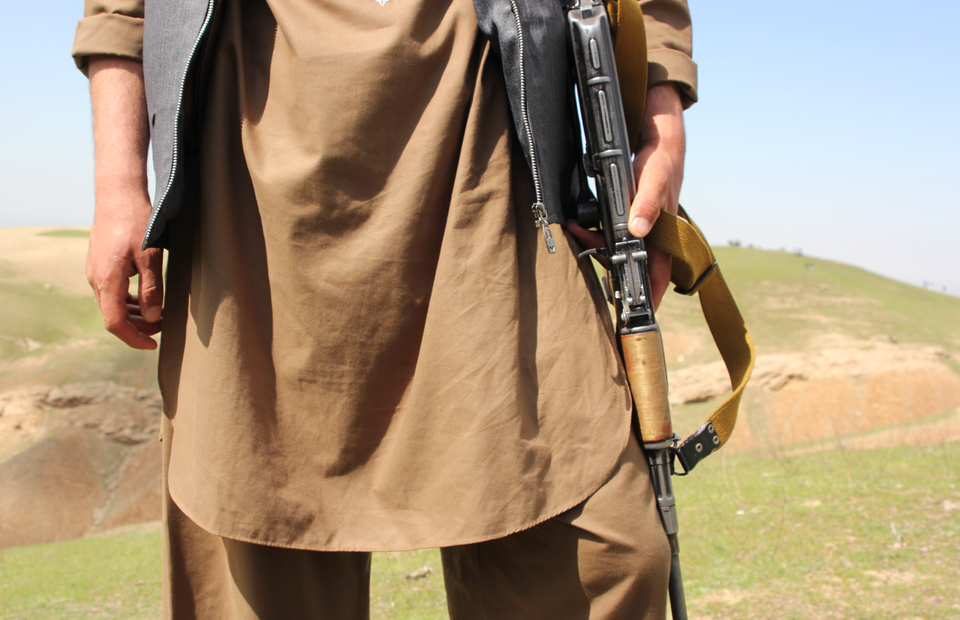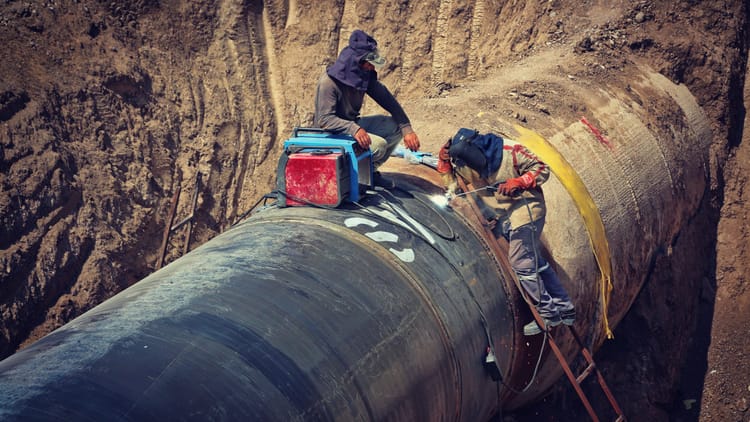Keep your enemies closer

As the Taliban consolidates power in Afghanistan, having retaken control of the country earlier last week, other countries are holding off on formally recognizing the group as a legitimate governing authority. The United Arab Emirates, Pakistan, and Saudi Arabia were the only states officially to recognize the Taliban when they ruled Afghanistan from 1996 to 2001, and international legitimacy may be used as leverage to moderate the Taliban’s actions today, including where it comes to women’s rights. What is at stake, for the U.S. and other members of the international community, in deciding whether and how to recognize the Taliban as the legitimate government of Afghanistan?
Chimène Keitner is a professor in the University of California’s Hastings College of the Law and a former counselor on international law for the U.S. State Department. Keitner says that, with the Taliban having yet to form a new government, the rest of the world has at least some time to assess the situation before making its decisions.
It’s possible for countries to have diplomatic relations with groups like the Taliban without recognizing them as governments, and the way the world treats the Taliban may evolve based on its actions. The Taliban would need international engagement in order to access Afghanistan’s assets held in other countries—or to take part in trade, resource sharing, and security arrangements. “Every country’s recognition decision turns on a combination of factors, some more practical, some more ideological,” Keitner says. For instance, the U.S. has significant practical interests in continuing counterterrorism operations in Afghanistan and ensuring protection for the Afghan people. It also has an ideological commitment to promoting liberal democracy around the world. At the same time, China and Russia see the transition in Afghanistan as an opportunity to exert their own influence, promoting an autocratic alternative in global leadership …
Graham Vyse: What does it mean for a country to “recognize” the Taliban as Afghanistan’s legitimate government?
Chimène Keitner: The term is used technically and colloquially in different ways. At this point, we’re really talking about two things: One is a sort of technical, legal, almost ministerial question of “recognizing,” in the sense of acknowledging the Taliban as the effective government and spokespeople of Afghanistan. In other contexts, we might talk about “recognition” of a state itself, but that’s not really in play here. Everybody knows Afghanistan is a state. It’s a member of the United Nations. We’re talking about whether to acknowledge a transfer of power.





